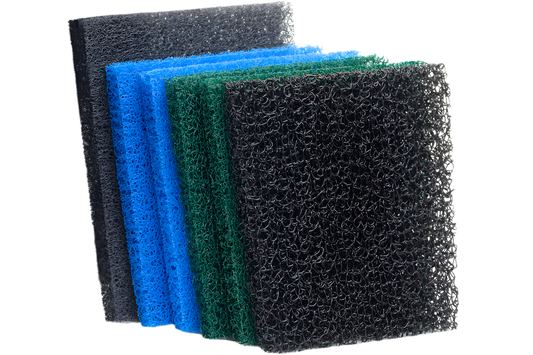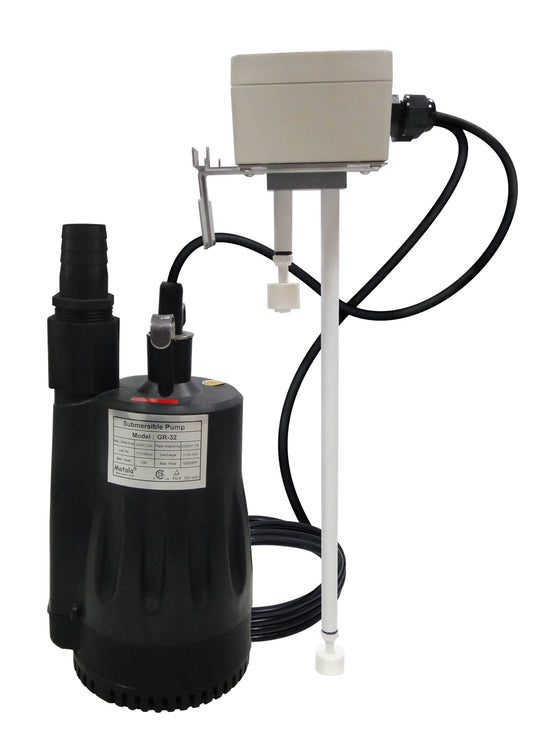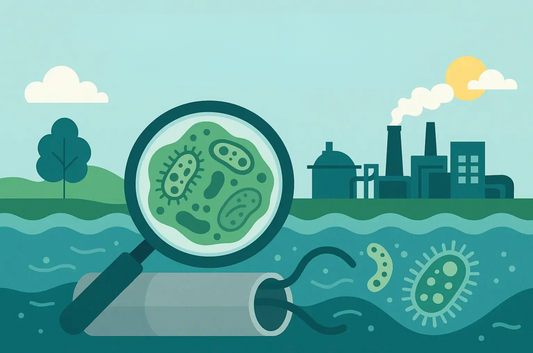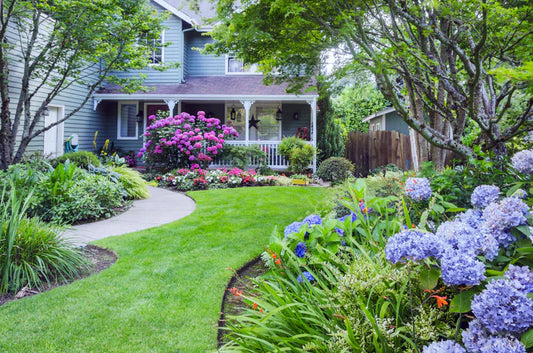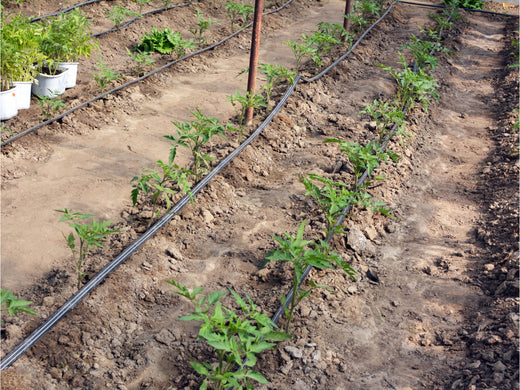
Greywater Conservation & Reuse
Mason Logue
Grey Water Systems are Effective Recycling & Conservation Products
There are more ways to go green than recycling. If you live in a house or an apartment, drive a car, use water or electricity and breathe air, then you can do more than separate cans and bottles. Your first innovation that will make the world a greener place? Install an Aqua2use greywater system to recycle your soapy water for use in your garden.
What Aqua2use Grey Water Systems Do
Aqua2use greywater systems take the soapy wastewater from washing machines, bathtubs and showers, filter it, and send it out to the garden, where drip irrigation hoses nourish plant roots. Relatively inexpensive to install and easy to maintain, Aqua2use greywater systems conserve water, reduce septic system stress and save money.
In addition, no longer will you be forced to watch your beautiful garden wilt and brown because your town put water use restrictions in place during a drought. Although filtered water from our greywater systems isn’t safe for drinking by humans or animals, the nutrients in the filtered water are incredibly beneficial for your garden. Keep in mind that greywater systems shouldn’t irrigate vegetable gardens – flower and shrub gardens only.
The keys to success are switching to a non-phosphorus laundry detergent, only hooking up greywater to grey water systems and changing the filter in the unit every four to six months. And definitely do not hook up greywater systems to toilets, dishwashers or kitchen sinks.
Greywater Systems: A State-of-the-Art Filtration System
Aqua2use greywater systems offer homeowners a unique and progressive solution to a host of conservation and home care issues. Aqua2use greywater systems filter wastewater through four stages, removing harmful bacteria but leaving soap molecules that benefit non-edible plant life. Fully automated, Aqua2use greywater systems are easy for professionals to connect and maintain, with built-in pump protection that prevents problems common to other greywater systems.
Our greywater systems also offer overflow protection as well as three-dimensional filter webs that stop harmful waste particles, including lint and debris, from winding up on the lawn. And since more than half of the average household’s water budget is spent on irrigation, greywater systems save water and money, too.
Grey Water Systems: Right for You?
If you have a garden, then chances are a Aqua2use greywater system is right for you. Consider that just one 10-minute shower uses 25 gallons of water. Homeowners in areas prone to drought restrictions will appreciate reusing those 25 gallons to help their gardens thrive.
Don’t worry about maintenance problems. Our greywater systems are simple to maintain, only requiring a filter change every four to six months. There are no recurring fees and no added chemicals, either. Simply replace your existing clothes detergent with a low-phosphate brand – easily found in grocery stores – and you’re ready to irrigate!
Perhaps best of all, Aqua2use greywater systems prolong the life of your septic system. As anyone who’s had to replace a septic tank knows, it’s a costly and messy affair. With the estimated 40,000 gallons of water you’ll re-route to your grey water system, imagine how much less aggravation and worry your septic system will cause.
Safety First
You also won’t have to worry about safety matters. Greywater systems – because they don’t filter toilet, dishwasher or sink water – don’t contain harmful bacteria. Although the filtered water is clear, it’s not potable. Care should be taken so that children and pets don’t accidentally drink the filtered greywater.
Filtered water from greywater systems shouldn’t be stored in holding tanks for more than 24 hours, and holding tanks should be cleaned out periodically to avoid a sludge-like buildup. To avoid installation problems, hire a plumbing professional instead of doing it yourself.
Count on Water Wise Group to deliver the best grey water systems solutions and services to the home gardener and conservationist.



